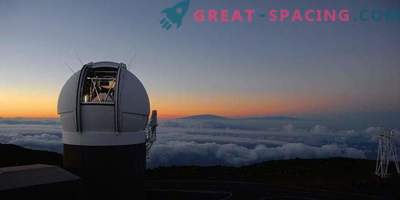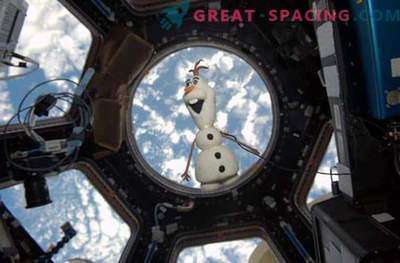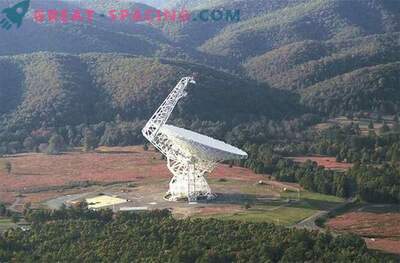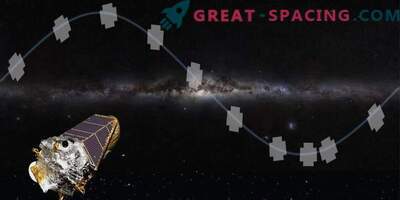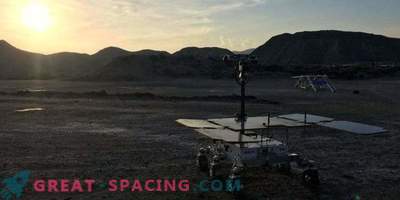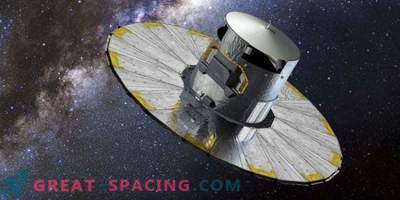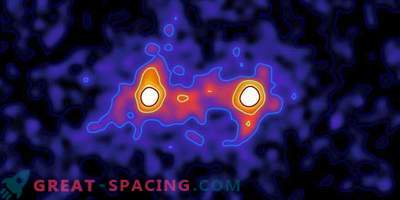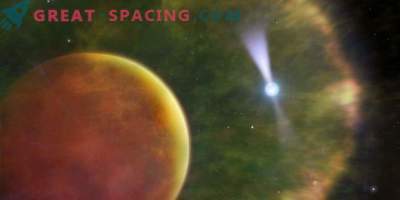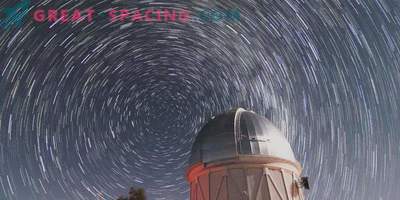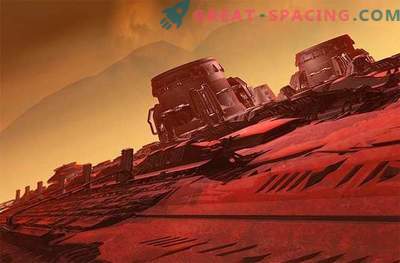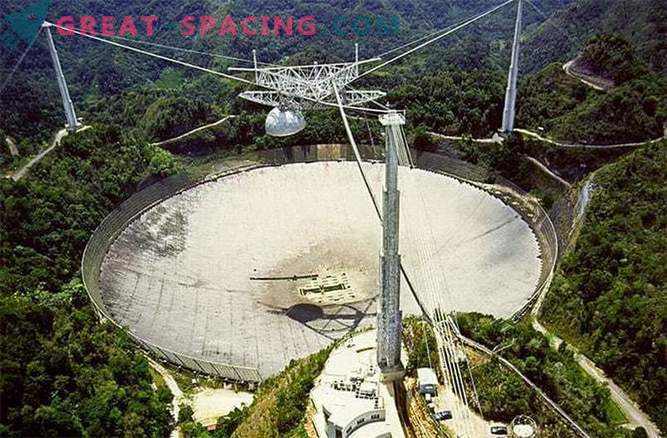
Education is not just notes and sitting in stuffy classes. Just a few hours a week, if you have an Internet connection, can be your contribution to the study of the Universe, from Mars to M31. Participants are listed in academic journals and thank the media for their work - this is also part of the pleasure of helping science!
Check out the slideshow to see how you can participate. If we missed something, let us know in the comments.
In 1999, when most were still in dial-ups, the SETI @ home project was launched. He used computer resources during downtime to look for interesting signals that could be signs of an extraterrestrial mind. Over 15 years of its existence more than three million people have participated in it. No signs of green men have yet been found, but we all know that science takes time. Here is how you can participate.
Search for comets
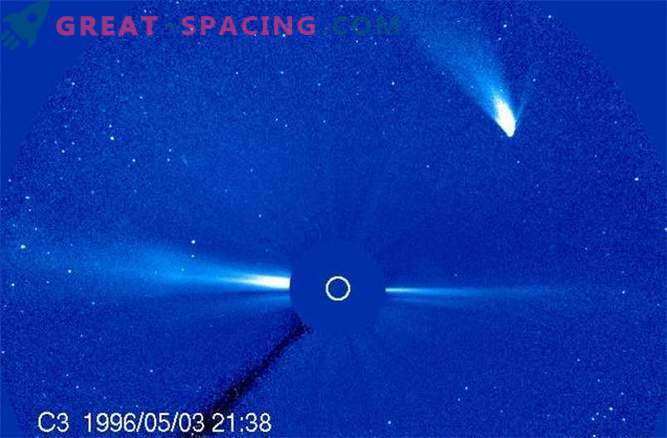
Over the past 20 years, the venerable spacecraft was engaged in the discovery of comets, which, in general, was not intended for this. It is called the Observatory of the Sun and Heliosphere, and simply looks in the right direction when the near-solar comets fly past our nearest star. Nearly 3,000 comets known to date have been discovered mainly by amateurs who viewed photographs. Here's how you can participate: http://sungrazer.nrl.navy.mil/index.php?p=FAQs
Help the Hubble Team

This year Hubble turned 25, and we learned so much from his observation of the stars, including the real age of the Universe and the fact that the Universe is expanding with acceleration. And there are several civilian projects that use his data, such as the Andromed Project (which predicts our future collision with this huge galaxy) and the Date of the M83 star (which is responsible for determining the age of stars).
Here's how you can participate: http://hubblesite.org/get_involved/citizen_science/
Create a map of the solar system
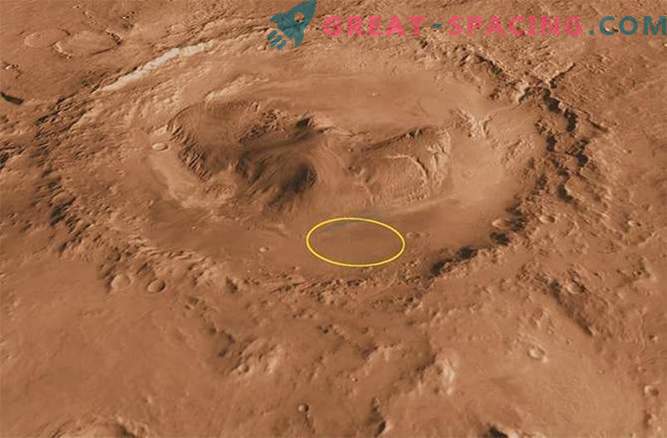
Craters are present in the Solar System everywhere: on planets, asteroids, satellites, etc. But it is difficult to calculate the age of these craters, since the collision rate varies due to the atmosphere and location of the object. But you can help scientists by participating in the Cosmoquest to study the Mercury, Moon, Mars and asteroid Vesta.
Here's how to do it: https://cosmoquest.org/?application=crater_tutorial
... or map of the rest of the universe

How did galaxies appear, like our Milky Way? What happens when they collide or gas is exhausted? All these questions are trying to find the answer a large astronomical community. Answers require a lot of telescope observations and picture comparison. Zooniverse has many projects of this type, such as Explore Disks or Galactic Zoo. Here's how you can participate: https://www.zooniverse.org/#/
Become a NASA Volunteer
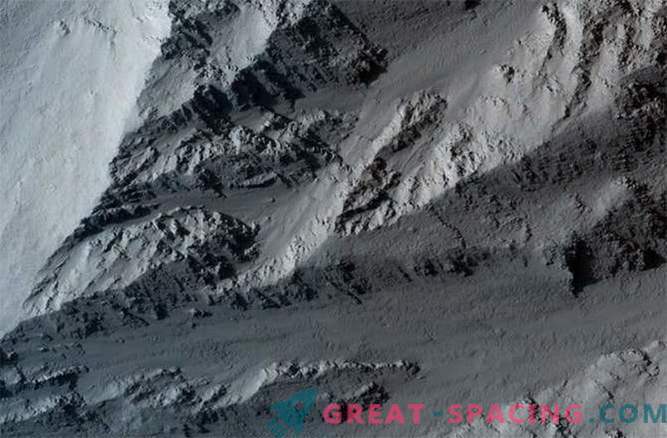
NASA is a big organization, a lot of scientific data is going through it and its partner organizations. Want to help pick a picture from Mars? Try to leave a request through the program HiWish. You can also watch the clouds to help monitor global weather, combat the light pollution of the sky, and even place tags on photos sent by probes from Mars.
Here's how you can participate: http://science.nasa.gov/citizen-scientists/
Have fun with astronomy
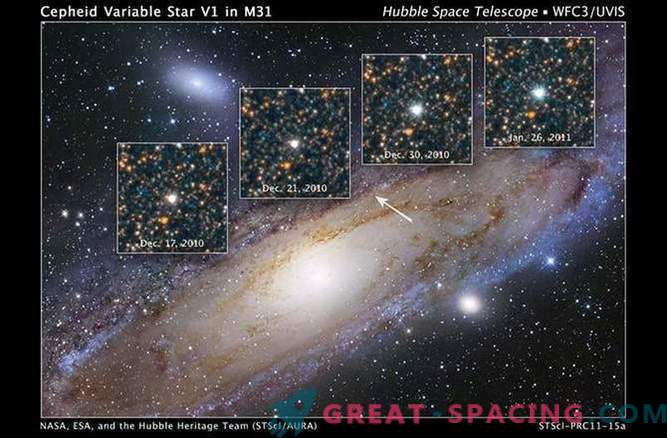
If you have more professional astronomical equipment, you will also find something to do! You can observe the brightness of variable stars to help scientists study the external structure of these objects. You can follow the emergence of new craters on the moon or take pictures of the planets of the solar system. The Planetary Community has an extensive list of civilian astronomical groups that you can participate in.













